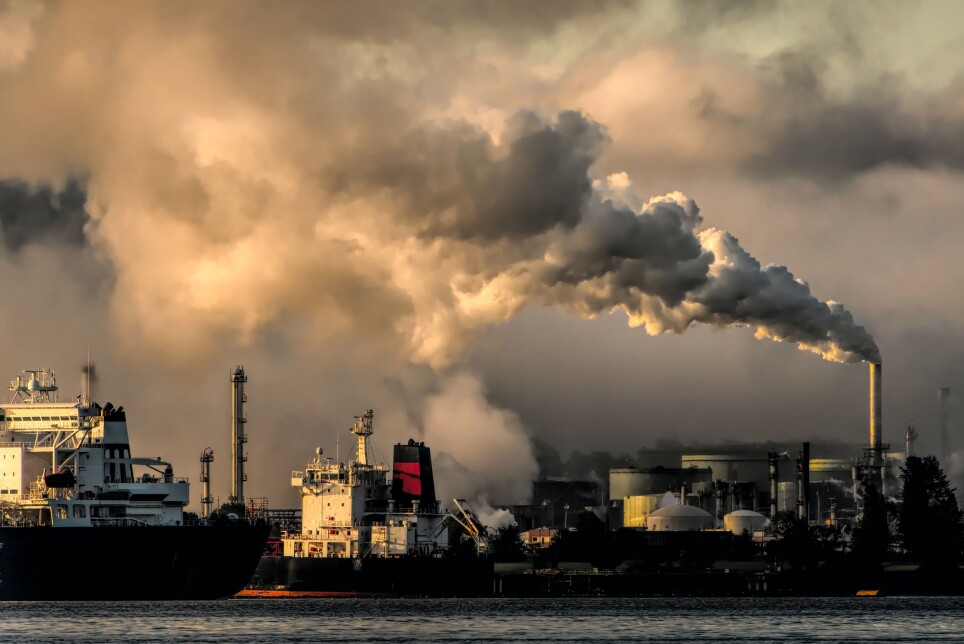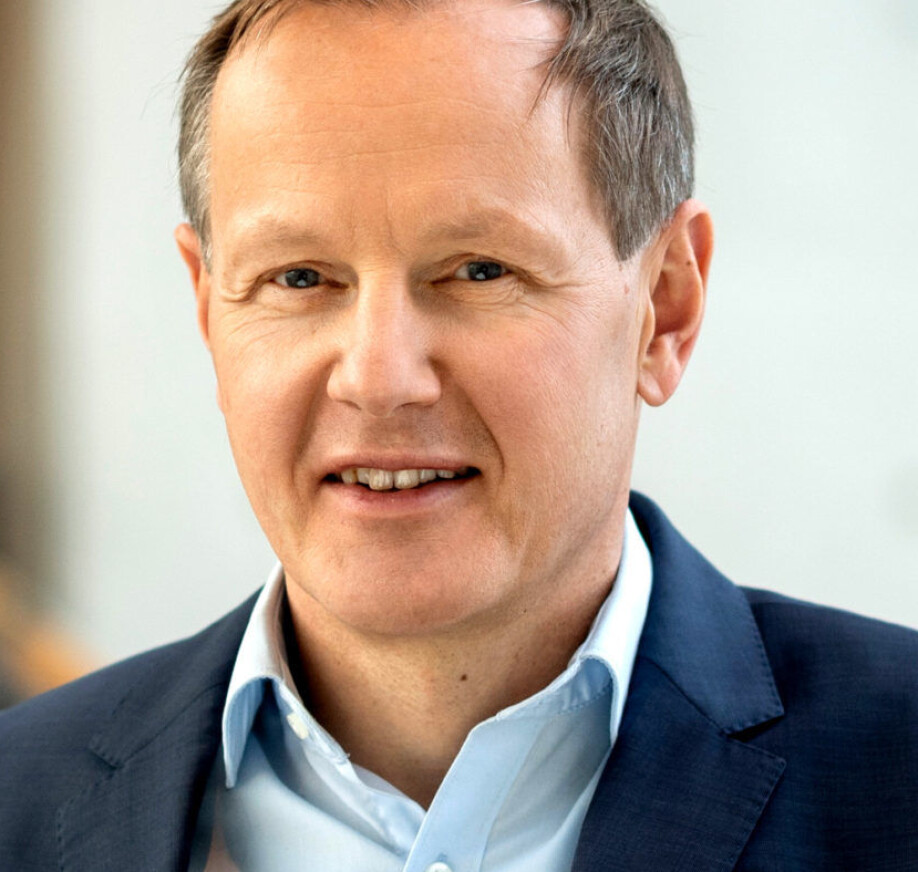THIS ARTICLE/PRESS RELEASE IS PAID FOR AND PRESENTED BY NTNU Norwegian University of Science and Technology - read more

Is it too late to save the planet?
Code red for humanity, says the IPCC. Fortunately, there’s still a lot we can do, but we have no time to lose, says NTNU climate researcher Edgar Hertwich.
Are we too late?
It depends on how we handle the situation. I think it will be very difficult to limit the temperature increase to 1.5 degrees. That would require us to almost switch to a war economy. But it should be possible to limit the increase to 2 or 2.5 degrees.
Which measures would have the greatest impact?

We need to restructure the energy system. There’s no way around it. We have to move away from fossil fuel sources and over to renewable energy and nuclear power. Solar energy has become substantially less expensive. Offshore wind has become much cheaper, too. The problem is that we still haven’t figured out how to store energy for extended periods. In Norway, we need very little energy when the sun shines the most, and we’re lucky that the wind blows the most in winter when we have the greatest need for energy.
How can we meet the need for energy when the sun and wind aren’t enough?
We need a primary energy source when renewable energy production isn’t enough. It could be nuclear power or fossil energy where we capture and store CO2. The whole world envies Norway’s hydropower and lakes, which are fantastic stores of energy.
CO2 capture and storage?
CCS can work well where we have large point source emissions, such as at a coal power plant or a cement factory. But capture and storage have limited potential, both due to cost and the fact that the technology works best in large facilities.
What about home construction? Car production?
Cuts are possible in the use of materials in houses and vehicles. In a new report in Nature Communications, we show that the G7 countries could cut their emissions by 40 per cent through use of other materials, smart technology and reuse. In China and India, the savings could be as high as 70 per cent. Emissions from the production, use and scrapping of cars could be reduced by 40 per cent in G7 countries and 35 per cent in China and India. (Hertwich is the lead author of the report.)
Can cutting 50 per cent of greenhouse gas emissions by 2030 prevent the crisis?
Reaching 50 per cent by 2030 would help quite a lot. It would jumpstart our next steps. Unfortunately, we’re not on course to do that. The longer we wait, the stronger the tools for change have to be. Politicians talk a good game about the climate, but they don’t mention that they are also doing a lot to increase emissions – building roads and airports and drilling for more oil. It seems they want to have things both ways. I think the population is ready for a more serious treatment of this issue.
Can we expect to maintain or increase our standard of living and consumption, while at the same time managing to reduce emissions enough?
No. In some areas we’ll have to accept changes, for example in how much meat we consume. The climate panel’s latest report points out that it is important to do something about methane, and animal husbandry accounts for the greatest emissions of methane. Given that the health authorities also recommend reducing how much red meat we consume, it might not be a stupid idea to return to the meat consumption level we had in the 1950s.
Does the industrialized part of the world have a special responsibility?
Yes. We’re the ones who have the technological opportunities and financial wherewithal to drive the development that has to happen.
But Norway is so small – doesn’t it account for an insignificant level of emissions?
Norway is a small country, but we sit on the UN Security Council and want to have a voice internationally. I don’t think other countries will accept that we refuse to play a role in this issue. We need to take on our share of the responsibility. Everyone needs to take action as much as they can.
What can we expect from the climate summit in Glasgow in November?
Hopefully, the countries will present more ambitious targets for emission reductions. The Paris Agreement stipulated that an audit meeting would be held every five years in order to increase the cuts. Unfortunately, the meeting has been delayed a year due to the pandemic. The problem with collective agreements like this is that some countries can ruin it for everyone else by doing nothing. The G20 has failed to agree on austerity measures. Boris Johnson isn’t showing the leadership needed to make progress in such a difficult political process. We can only hope that things go better in Glasgow. We have to work together.
Reference:
Edgar Hertwich et.al: Global scenarios of resource and emission savings from material efficiency in residential buildings and cars, Nature Communication, 2021.
———
Read the Norwegian version of this article at forskning.no
See more content from NTNU:
-
Why is nothing being done about the destruction of nature?“We hand over the data, but then it stops there"
-
Researchers now know more about why quick clay is so unstable
-
Many mothers do not show up for postnatal check-ups
-
This woman's grave from the Viking Age excites archaeologists
-
The EU recommended a new method for making smoked salmon. But what did Norwegians think about this?
-
Ragnhild is the first to receive new cancer treatment: "I hope I can live a little longer"





































